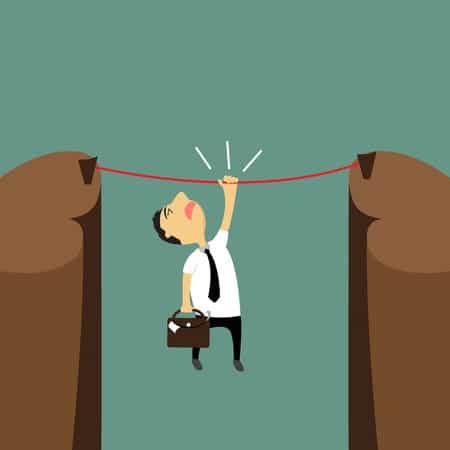There’s a story told by funeral directors. A woman was making funeral arrangements for her husband. She requested he be buried in a dark blue suit. “Wouldn’t it be easier to just bury him in the black suit that he’s already wearing?” the funeral director asked. But the woman insisted that it must be a blue suit and gave the funeral director a blank check to cover the cost.
When she returned for the wake, she saw her husband in the coffin wearing a beautiful blue suit. She complimented the funeral director on his choice and asked how much it cost. “Actually, it didn’t cost anything,” he said. “the most unusual thing happened. As soon as you left, another corpse was brought in wearing a blue suit. I noticed that they were about the same size, so I asked the other widow if she would mind if her husband were buried in a black suit. She said that was fine with her. So, I switched the heads.” (Dark humor among funeral directors.)
Besides supreme insensitivity, this funeral director demonstrated how shortcuts don’t always work the way they are intended.
For a shortcut to be worth doing, it must have three things.
- The time / energy / cost saving must create value.
- The time / energy / cost that is cut cannot be noticeably missing in the end product.
- There is no loss of benefit in omitting the missing step.
Trying to continually find shortcuts can be dangerous:
- Not all shortcuts are shortcuts. Not understanding a problem or solution can lead to falsely assuming you have found a shortcut. Instead you may find a costly fallacy.
- Shortcuts often depend on luck. Winning the lottery is a shortcut to wealth IF you win. Counting on luck to be your shortcut isn’t a realistic strategy.
- Shortcuts are often based on laziness. Putting in the least amount of effort is ingrained in some people and it usually means missing the best solution.
- Shortcuts may leave most of the work for the next person. This can result in tension and resentment among team members.
- A shortcut mentality can develop bad habits. When the focus becomes looking for shortcuts instead of seeking the most effective ways to reach goals, the wrong habits can develop.
There are times when a shortcut can be a winner and even the hunch of a shortcut may be valuable. Just don’t spend your life trying to find a shortcut for everything.
The fastest way to do something is to do it right the first time.
The road is easier together,

